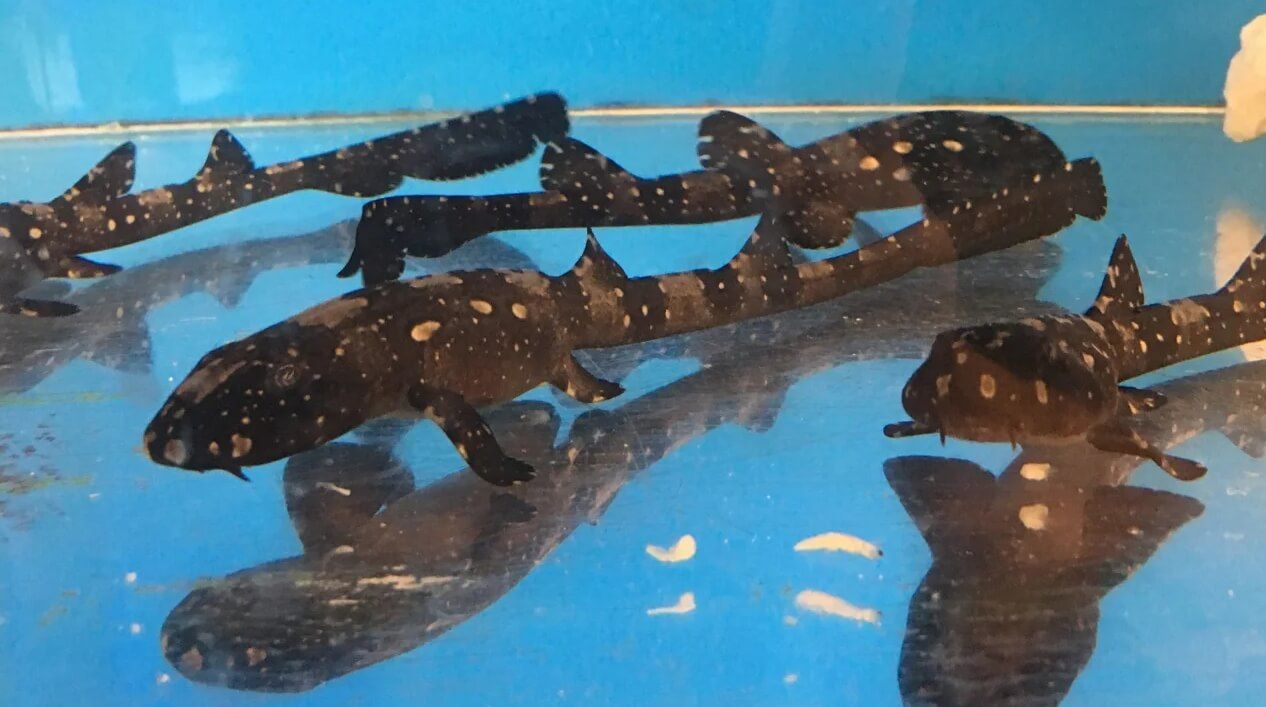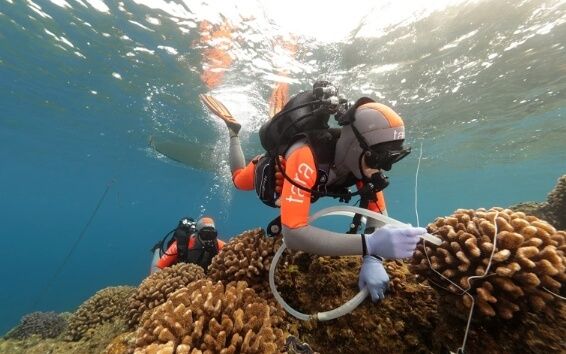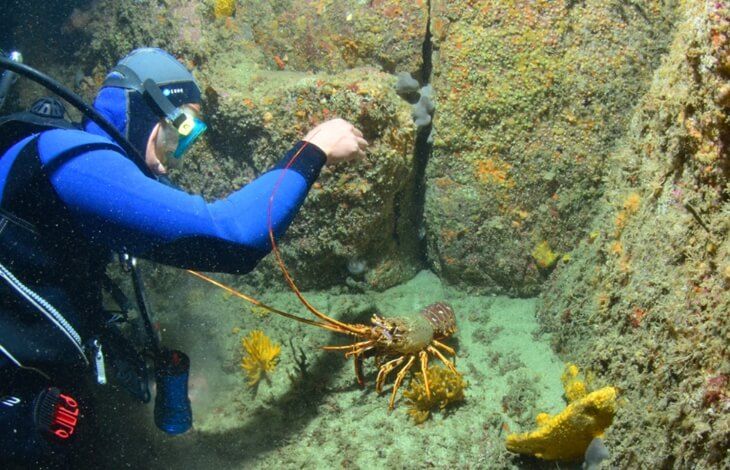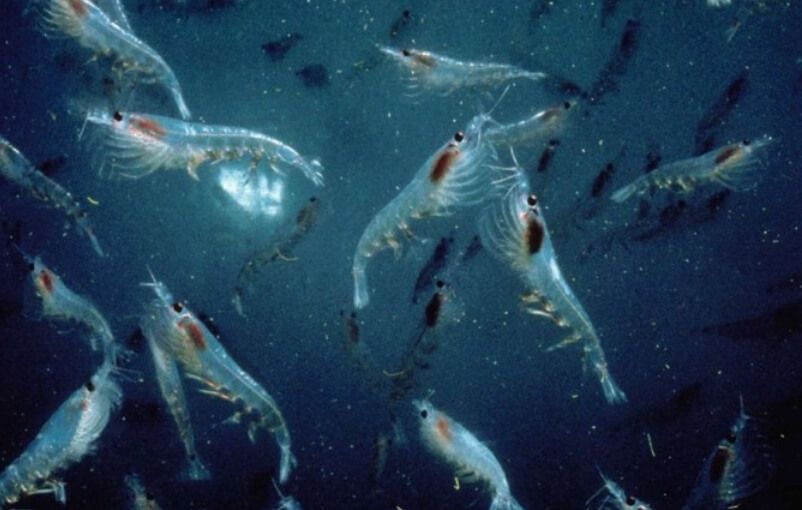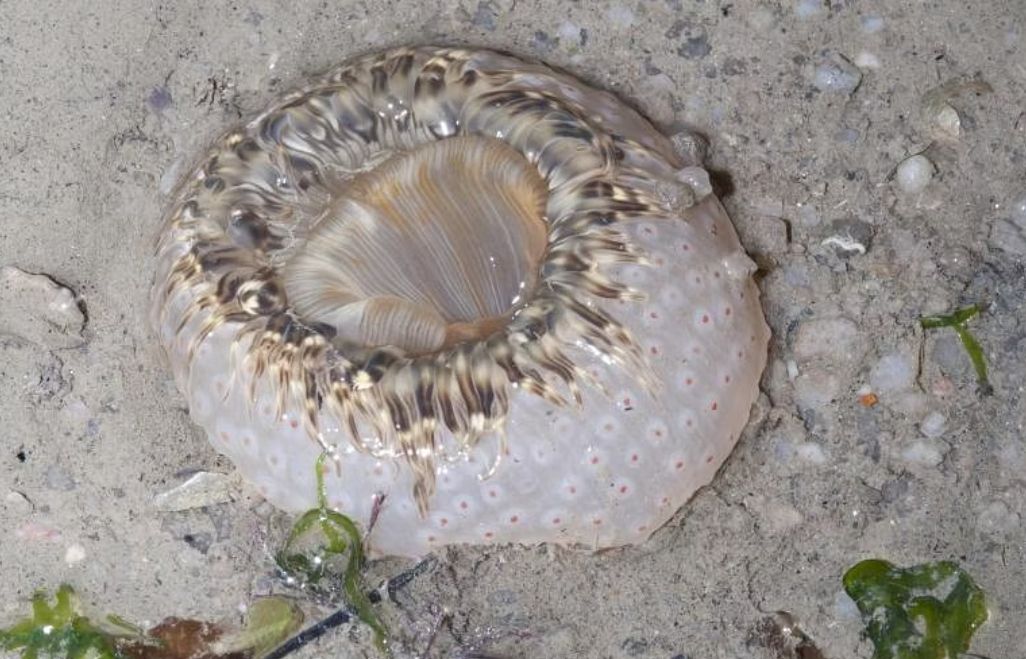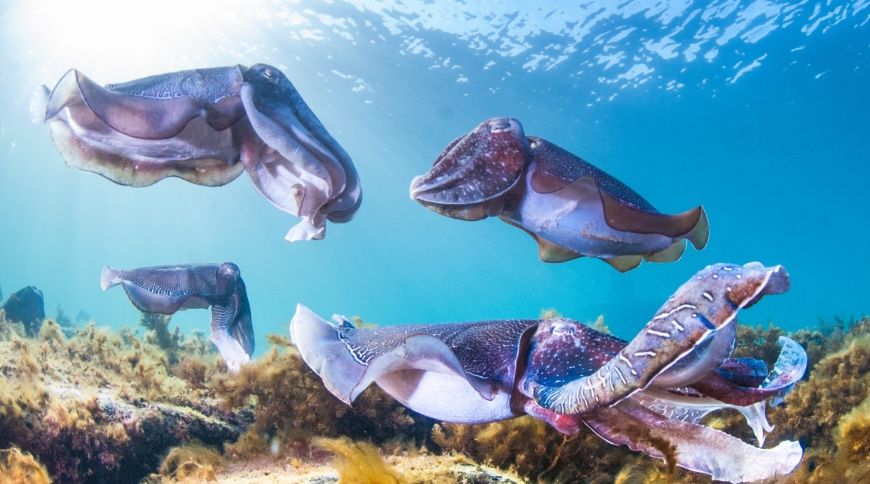Scientists have achieved a major breakthrough in shark breeding by successfully artificially inseminating bamboo white-spotted sharks, resulting in the birth of 97 fish. This groundbreaking study represents the largest attempt to date to breed sharks through artificial insemination and holds great potential for shark conservation efforts.
The remarkable achievement was reported by the Field Museum of Natural History in the US city of Chicago.
With shark populations declining by 71% between 1970 and 2018 due to water pollution, climate change, and industrial fishing, and half of their species (16 of 31) facing threats of extinction, researchers have been actively exploring methods to conserve and breed sharks. The conventional approach of transferring sharks from one aquarium to another for mating can be expensive and stressful for the animals. Therefore, artificial insemination emerged as a more promising technique.
Different shark species have distinct fertilization patterns. In some species, females can store sperm for extended periods, fertilizing their eggs ‘on demand’ when encountering a male. As a result, the father of the offspring may not necessarily be the male involved in mating. Additionally, certain females have the unique ability to self-fertilize their eggs through a process called parthenogenesis, leading to offspring with only the mother’s genetic material.
To address these complexities, researchers focused on the bamboo white-spotted shark for their artificial insemination study. These sharks are approximately one meter in length, are often found in aquariums, exhibit a nocturnal lifestyle, and pose no threat to humans.
The process involved collecting 82 high-quality sperm samples from 19 males. Some of the sperm samples were used to fertilize females at Field’s Natural History Museum, while others were preserved by freezing and sent to several other locations housing female sharks.
The insemination process was meticulously conducted as follows: the female was first examined to determine if her eggs were already fertilized (by passing light through the egg sheaths on her body). Once confirmed, the female was sedated, and the sperm was gently injected into her reproductive tract. The entire procedure, lasting up to 10 minutes, was completely painless for the sharks.
A total of 20 female bamboo white-spotted sharks underwent artificial insemination. Four months later, the remarkable results were revealed as 97 small sharks hatched from the eggs. The success rate of the procedure using unfrozen semen was 27.6%, while with frozen semen stored for 48 hours, it was 7.1%.
These preliminary results have ignited hope among scientists that artificial insemination could become a viable method for shark breeding. While previous research on this subject has been conducted, none have achieved results on such a scale with multiple females.
The scientists involved in this groundbreaking study now plan to replicate the artificial insemination technique with other shark species. Their findings were published in the May 13 edition of Scientific Reports. The success of this research paves the way for innovative approaches to shark conservation and may contribute significantly to safeguarding these magnificent creatures and their critical marine ecosystems.


